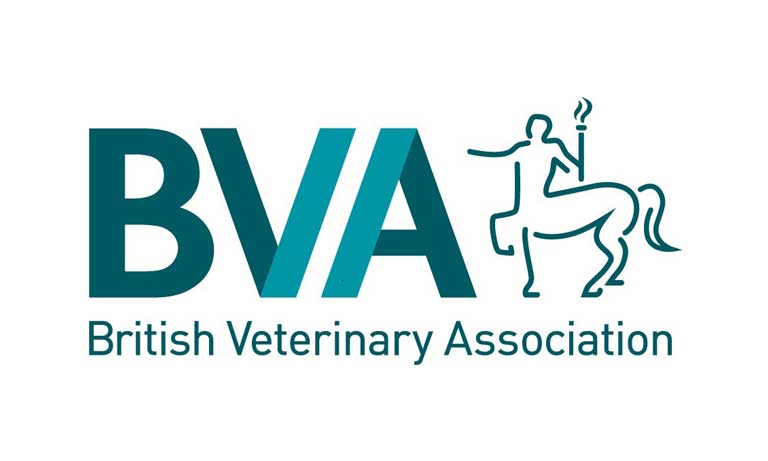Standing up for the veterinary profession
08 Aug 2024
29 Aug 2019 | Simon Doherty
President Simon Doherty explains how the veterinary profession should provide leadership, and embrace innovative enabling technologies.

Many of you may have seen my brief appearance on the BBC News at One or News at Six on Tuesday talking about the use of insect-derived ingredients for pet food, under the slightly embellished title Insect-based food better for pets than top steak and the somewhat leading strapline “Pet owners are being urged by vets to feed their dogs and cats on a diet rich in insects”.
I was interviewed for 20 minutes in a local vet practice about 6 weeks ago. Anyone who’s done media interviews knows that many hours of good scientific, evidence-based content regularly end up on the floor of the cutting room. In this case, I ended up on air for approximately 10 seconds. That’s just how media works, and I’ve had to get used to it.
The reaction to the piece has been really interesting. Some members and stakeholders have challenged us on why we involve ourselves in stories like this one instead of focusing BVA’s resources on “more important things like Brexit”. Trust me when I tell you that the entire BVA officer and staff team have worked many long hours this year to keep us on top of different aspects of Brexit – from pet travel to the Northern Ireland border, and from the supply of vets to the supply of medicines. And we’ve had a good share of media headlines and political engagement in the process.
On the other hand, just as many members and stakeholders have praised our vision for getting involved in the conversations that vets should be getting involved in. After all, a recent BVA Voice of the Veterinary Profession survey indicated that 89% of vets believed we should be doing more around sustainability.
The agri-food sector simply cannot go on doing things as we’ve always done them. The UK has a long history in agri-tech innovation. As a profession we should continue to provide leadership and embrace the innovative enabling technologies that allow us to scale up insect production to industrial levels and use plant by-products to create consistently high-quality animal feed ingredients.
None of this takes away from the sustainable production of lamb in the Welsh Valleys, the production of prime Scottish beef in the Highlands & Islands, the pasture-based dairy systems of Northern Ireland or the farm quality assured rearing of pigs and poultry throughout England. There’s now a lot of evidence available to show that well managed farm systems contribute to biodiversity and can even be net carbon sequesters; these factors are all captured in BVA’s Sustainable Animal Agriculture policy position.
Most of the pet food manufactured here utilises ‘off-cuts’, including offal, from the regular meat supply chain which are fit for human consumption but tend not to be favoured in the UK. As I explained in my interview with the BBC, there might be a more lucrative market for this product overseas – it’s certainly worth exploring. And even with the advent of insect protein alternatives, it’s highly unlikely that there will be a wholesale shift away from using livestock-based protein in the near future. So, this certainly isn’t about not supporting British farmers. BVA is proud to fly the flag for @LoveBritishFood.
The important thing is that we feed all animals with a balanced diet. When compounded into a complete food product, insect protein offers a more sensible alternative to owners who want to offer a ‘livestock-free’ diet to their pets rather than homemade vegetarian or vegan diets which often result in poor pet health & welfare – insect-based products are palatable, nutritious and bioavailable.
Sustainability is about making better use of the resources we have. Vets are far better being part of those conversations - alongside the farming community - than not.
Get tailored news in your inbox and online, plus access to our journals, resources and support services, join the BVA.
Join Us Today